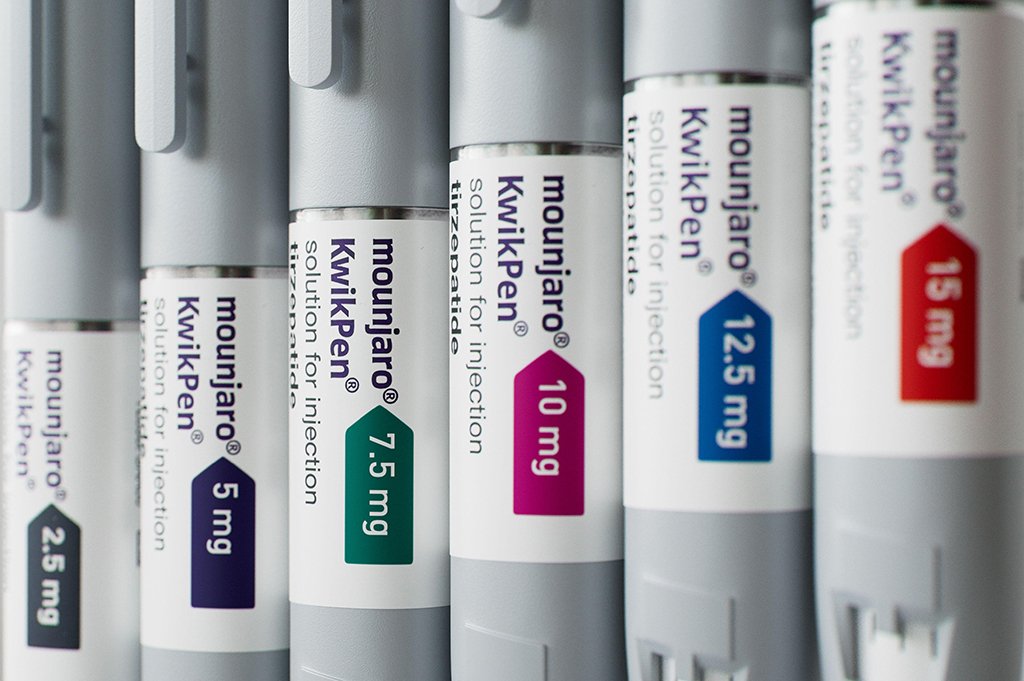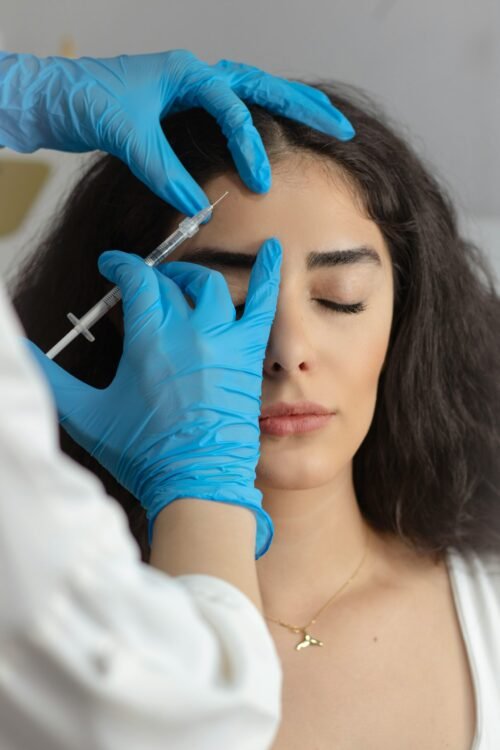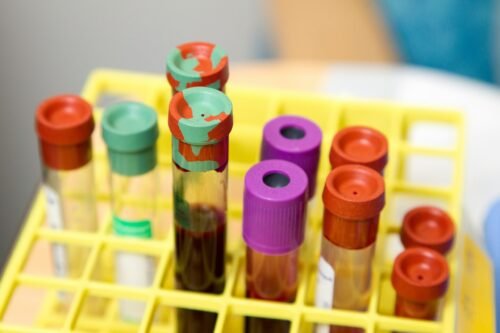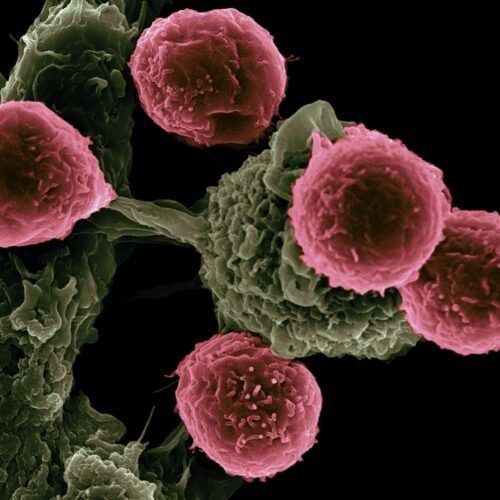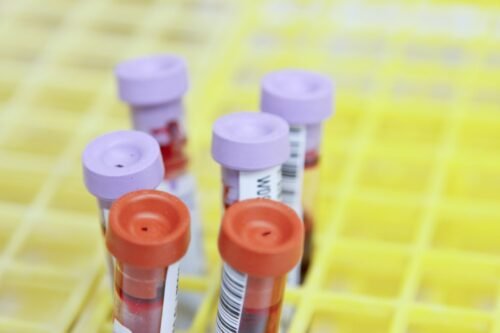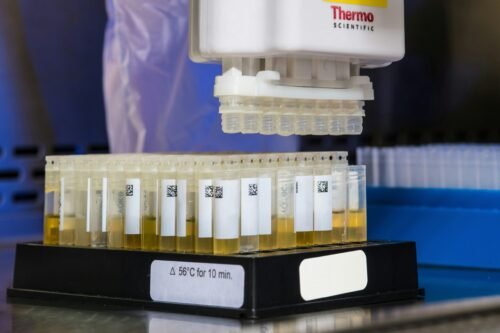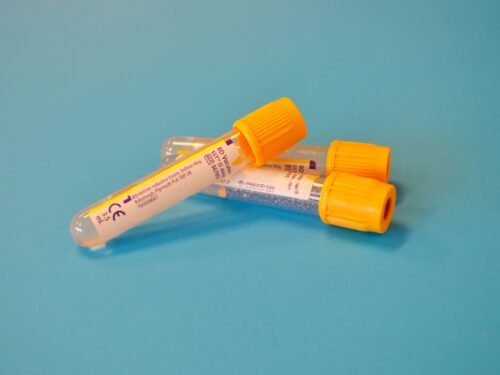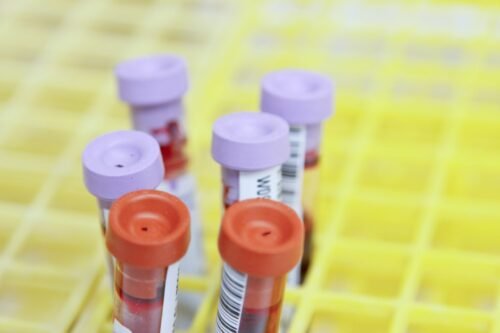
Alpha Lipoic Acid (ALA) – Your Powerful Antioxidant
May 18, 2025
Quercetin -Shield Your Body with the Antioxidant Power of Quercetin.
May 18, 2025What is Resveratrol?
Resveratrol is a natural polyphenolic compound found in various plants, particularly in the skins of red grapes, blueberries, raspberries, mulberries, and in red wine. It is part of a group of compounds known as stilbenes and is often associated with the potential health benefits of these fruits and beverages.
Sources of Resveratrol
- Red Grapes: Resveratrol is primarily found in the skin of red grapes, which is why red wine is often touted as a source of this compound.
- Berries: Blueberries, raspberries, and mulberries are rich in resveratrol.
- Peanuts: Another plant-based source of resveratrol, though in smaller amounts.
- Dark Chocolate: Contains some resveratrol due to the cocoa content.
Health Benefits of Resveratrol
-
Antioxidant Properties: Resveratrol is a powerful antioxidant that helps neutralize free radicals in the body, which may reduce the risk of oxidative stress, inflammation, and cellular damage.
-
Heart Health: Studies suggest resveratrol may improve heart health by supporting healthy blood pressure, enhancing blood vessel function, and reducing inflammation. It has been shown to increase the production of nitric oxide, a compound that helps dilate blood vessels and improve circulation.
-
Anti-Aging Effects: Resveratrol is often associated with anti-aging properties. Some research suggests that it may help activate genes that protect cells from aging and oxidative damage, potentially slowing down age-related decline in bodily functions.
-
Neuroprotective Benefits: There is evidence to suggest that resveratrol may have neuroprotective properties, potentially helping to protect brain cells from damage and reducing the risk of neurodegenerative diseases like Alzheimer's.
-
Anti-Inflammatory Properties: Resveratrol may help reduce inflammation in the body, which is often linked to chronic diseases such as arthritis, diabetes, and cardiovascular disease.
-
Cancer Prevention: Some studies suggest that resveratrol may help inhibit the growth of cancer cells and tumors, although more research is needed to understand the full extent of its role in cancer prevention.
How Does Resveratrol Work?
Resveratrol works by activating various molecular pathways in the body that are involved in reducing inflammation, enhancing cell survival, and increasing cellular energy production. Key mechanisms include:
- Sirtuins Activation: Resveratrol has been shown to activate sirtuins, a group of proteins that regulate cellular health, longevity, and stress resistance.
- Antioxidant Activity: It helps to neutralize free radicals and prevents oxidative damage, which is a major contributor to aging and chronic diseases.
- Inhibition of Pro-inflammatory Pathways: It can block certain enzymes and compounds that trigger inflammation in the body.
Conclusion
Resveratrol is a promising compound that may support heart health, anti-aging, neuroprotection, and inflammation reduction. While more research is needed, its antioxidant properties and potential therapeutic effects make it a valuable addition to a healthy lifestyle. Always consult a healthcare professional before starting supplementation, especially if you have preexisting conditions or are taking medications.




